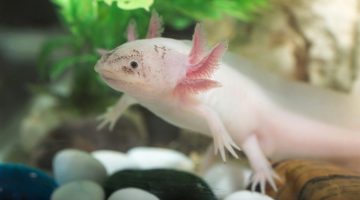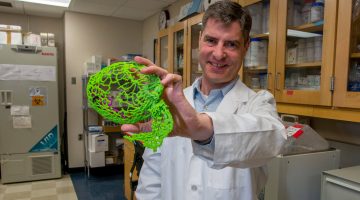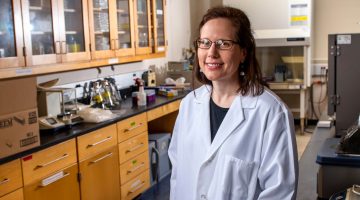King’s research finds new genetic regulators for regeneration, media report
ScienceDaily, EurekAlert and Medical Xpress published a news release from the MDI Biological Laboratory about new research on regeneration by scientists at the laboratory and the University of Maine. Benjamin King, an assistant professor of bioinformatics at UMaine and co-lead researcher, identified genetic material previously thought to be useless as having a role in regulating […]
Read more




